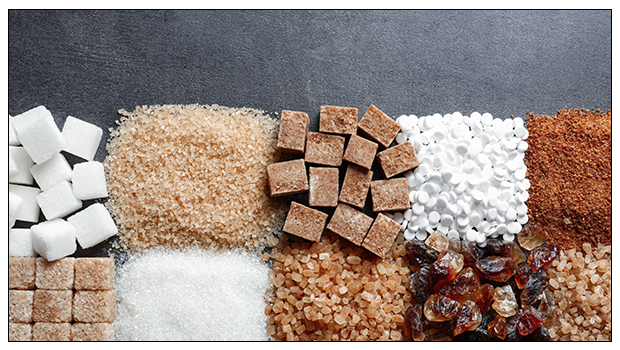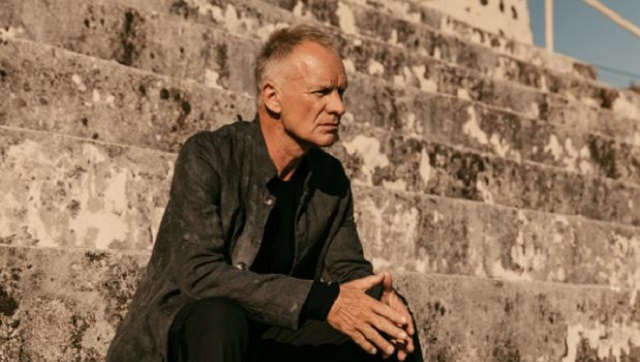
On November 30, Barbados will officially remove Queen Elizabeth II as its head of state and install Governor General Sandra Mason as president.
It’s the first time in three decades that Britain has lost one of their many realms.
“This is monumental from our point of view,” Suleiman Bulbulia, a member of the committee tasked with analyzing the change, told Bloomberg News. “This is the next step in our journey — cutting the umbilical cord that connects us to the U.K.”
While the move is more symbolic than anything since Barbados has been a sovereign nation since 1966, the transition does underscore the growing streak of nations officially becoming independent in the Caribbean. The Caribbean is home to nine of England’s 16 commonwealth realms.
“The time has come to fully leave our colonial past behind,” Governor General Mason said when the transition was announced last year, according to Bloomberg. “Barbadians want a Barbadian head of state.”
Bulbulia says leaving the commonwealth won’t affect economic conditions in Barbados, but it will be a very important morale boost to the 287,000 people who live on the island. Government agencies, such as The Royal Barbados Police Force, will need to have their names changed.
The last nation to leave the commonwealth realm was Mauritius in 1992. Additionally, the Bahamas, Jamaica, Grenadines and St. Vincent have all considered leaving the monarchy.



















